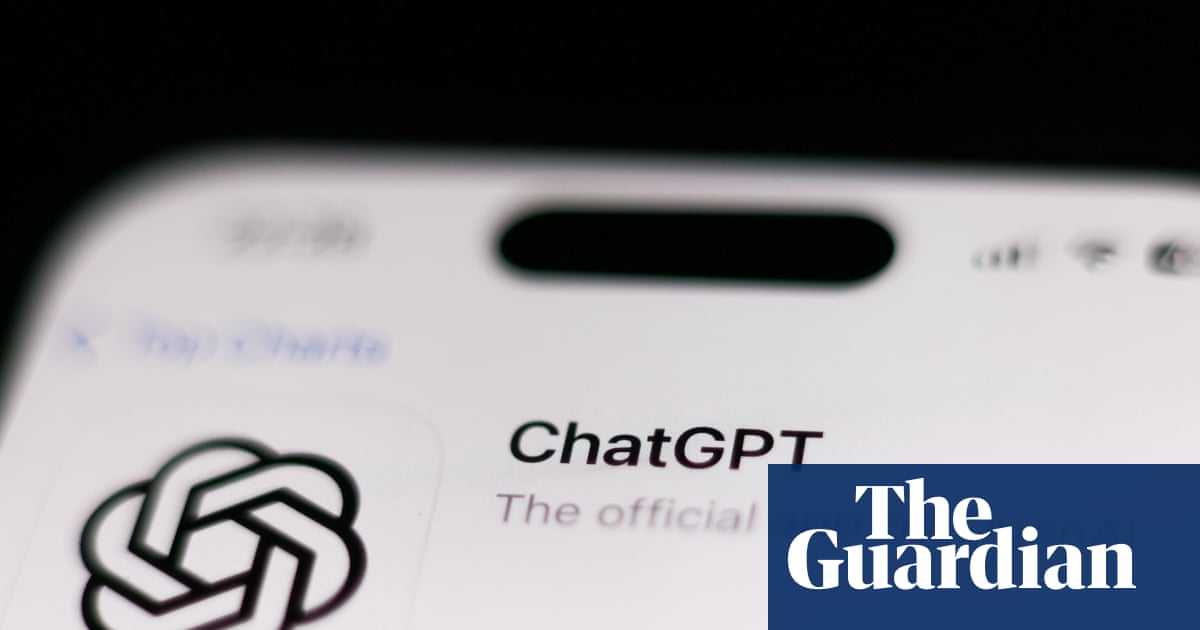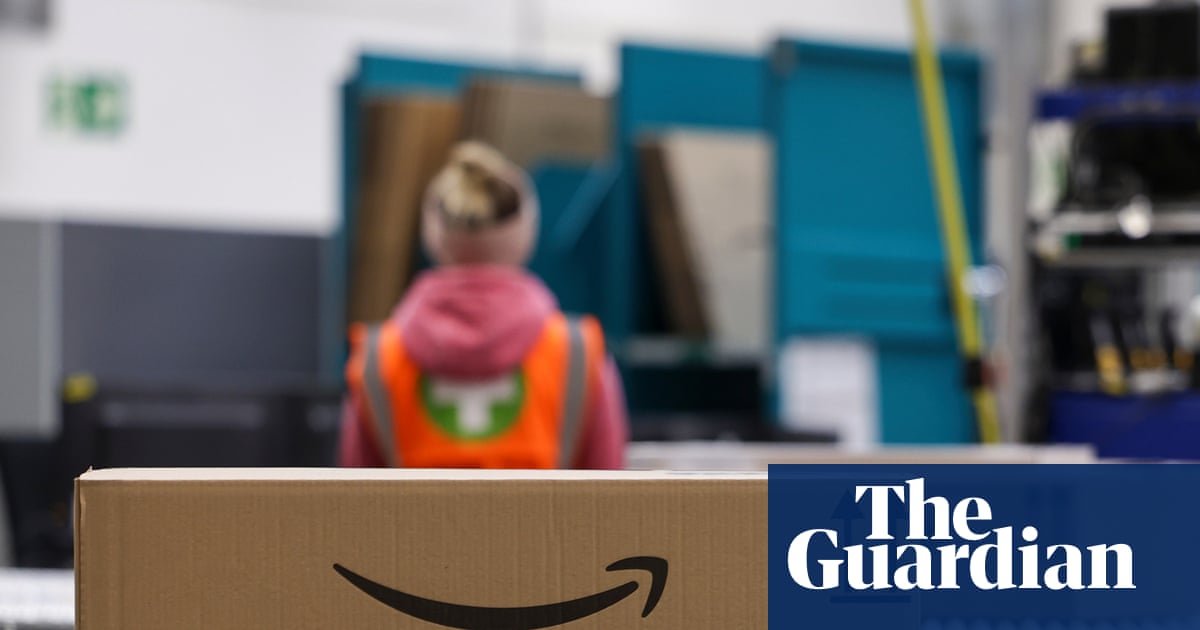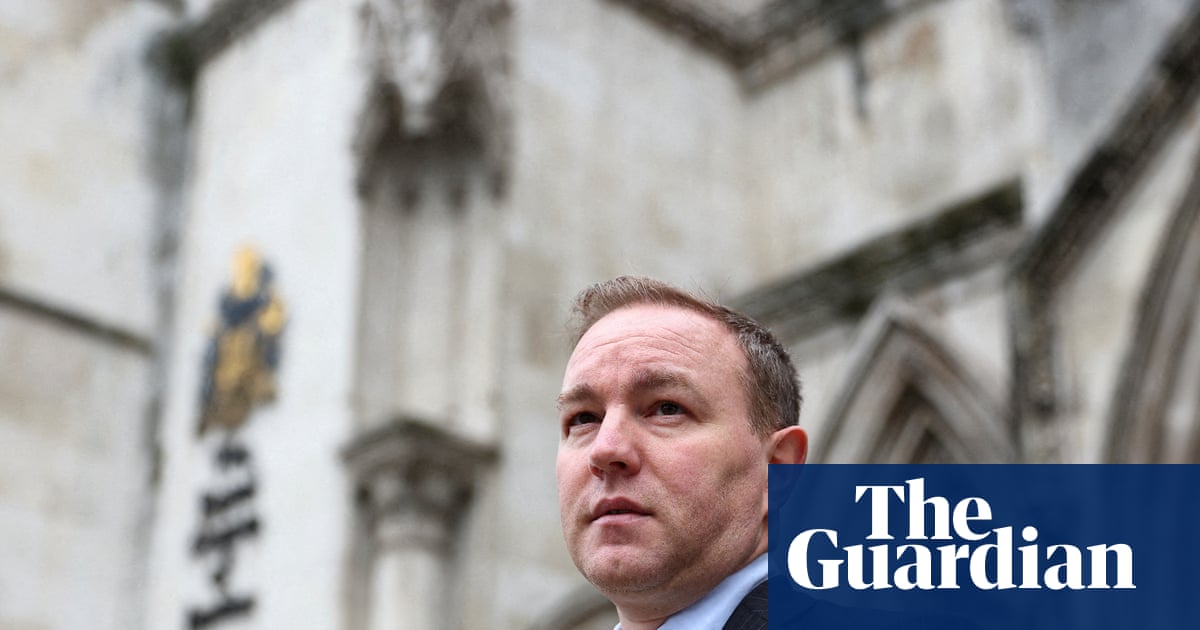In England and Wales, anyone can take a suspected criminal to court. Private criminal prosecutions, which can be initiated by individuals, companies or charities, can give people a shot at justice. They can also be open to abuse. The Post Office brought 918 successful private prosecutions against its employees to protect its own commercial interests – at a shocking human cost laid bare by an official report last week. Rail companies take the draconian measure of prosecuting people for mistakenly buying the incorrect ticket: in 2023, a woman received a criminal record for erroneously using her railcard to save a total of £1.60.
In the context of a depleted justice budget, these prosecutions appear especially dystopian, allowing the wealthy to pay for their day in court. No official record exists for the number now taking place, though available data suggests there has been a steep increase. In 2014, 32 “costs orders” (the instruction a court gives to pay another party’s legal expenses) were awarded to private prosecutions. By 2019, this had risen to 276. Organisations such as the DVLA and TV Licensing have long used these prosecutions for routine violations. But funding cuts to the criminal justice system are making them more common, and creating what the Crown Prosecution Service (CPS) calls a “two-tier justice system”.
At their best, private prosecutions provide a safety valve against state malfeasance or inaction. The parents of the murdered black teenager Stephen Lawrence famously brought one against the five main suspects in 1994, after the CPS declined to prosecute. For victims of fraud, meanwhile, a private prosecution may be their only route to justice. In 2004 4.1m cases of fraud were recorded in England and Wales – yet just 6% of all cases reported to Action Fraud, the ineffective national hotline, are actually referred to the police. Of these, fewer than 1% result in an offender being charged or prosecuted.
In these cases, a private prosecution may be a person’s only hope. But the risks aren’t hard to grasp. On average, it costs £8,500 to bring one, putting justice out of reach for many. Counterintuitively, they can also be more expensive for the state. Private prosecutors can recover their costs from the Ministry of Justice, which paid out more than £11m to those who brought private prosecutions through the crown courts in 2020.
A supermarket chain can bring a private prosecution against a shoplifter and have its costs covered by the taxpayer, while most victims of fraud will never hear back from the police. If the state can afford to pay for the prosecution of financial crimes against companies, why isn’t it prepared to ensure the police and CPS have enough resources to prosecute similar offences against ordinary people? This discrepancy sends a message that certain crimes, particularly fraud targeting individuals, aren’t a matter for public concern.
After the Post Office scandal, the Labour government has recognised the need for new safeguards. A recent consultation from the Ministry of Justice suggested that a compulsory code of conduct and an accreditation system would stop private prosecutions from being abused. But the government must go further. It is only a properly resourced criminal justice system that will prevent justice from being the equivalent of a gated community in Britain – where access depends on your ability to pay.

 3 months ago
63
3 months ago
63

















































